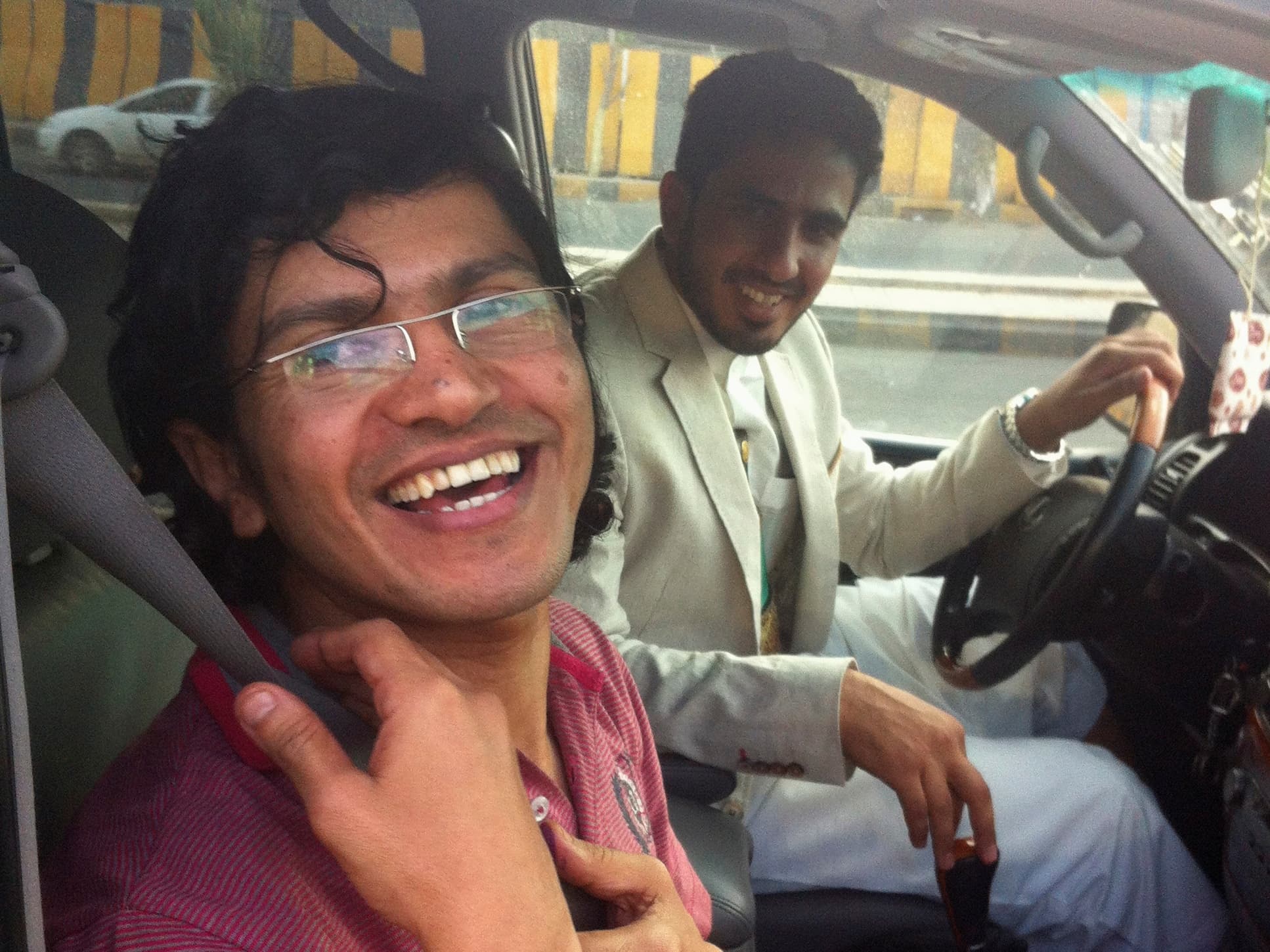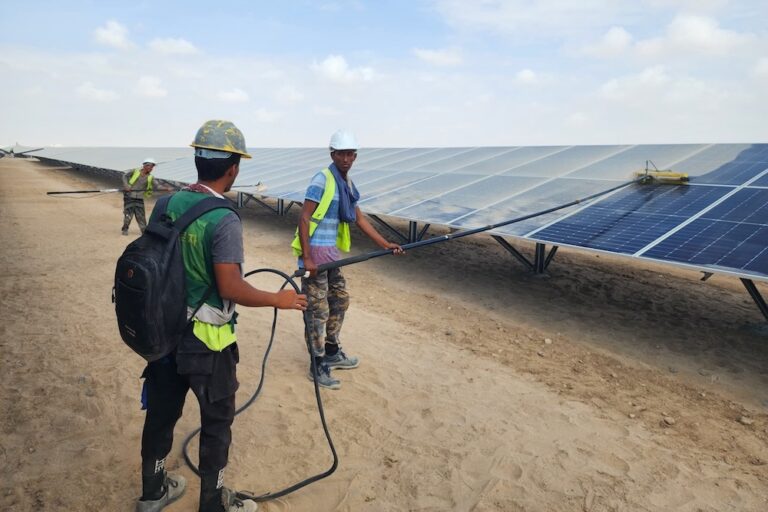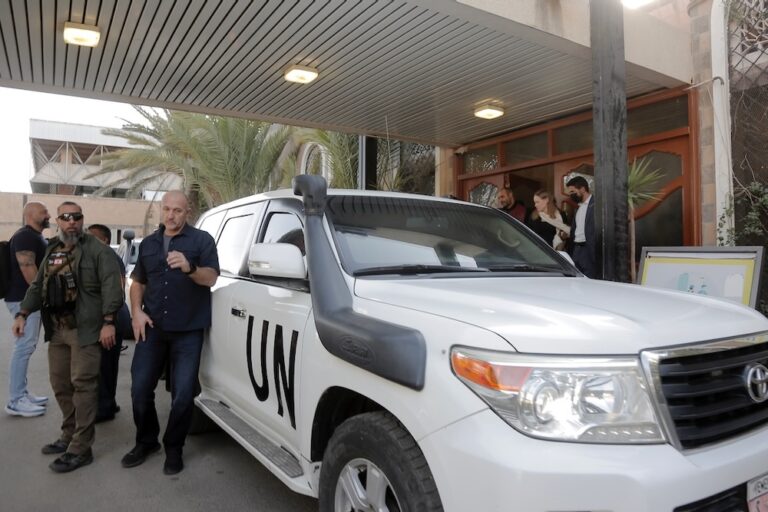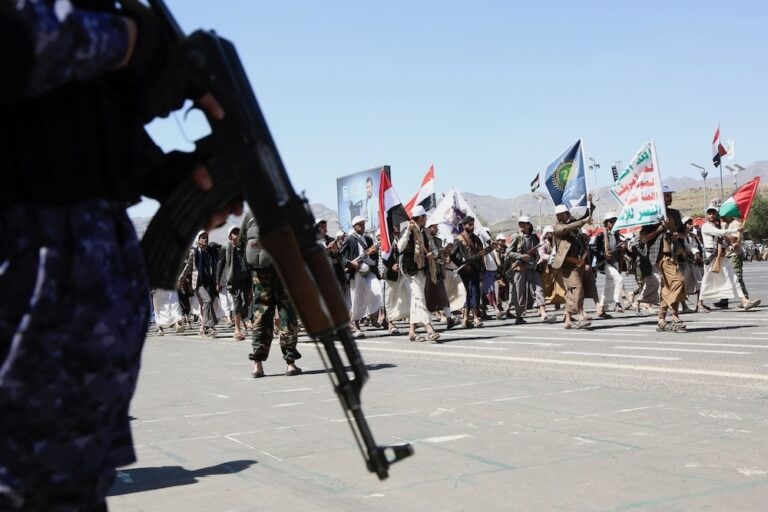Yemeni journalist Abdul-Elah Haider Shaye was freed after being kept in prison for three years at the request of Barack Obama; however, he will not be allowed to leave the capital, Sana'a for two years.
Investigative journalist Abdul-Elah Haider Shaye, 36, was freed on 23 July 2013 in Yemen after being kept in prison for three years at the request of Barack Obama.
Shaye’s reprieve was hailed late on Tuesday 23 July “as a victory for common values of media freedom, justice and human rights,” in a statement by Yemeni press freedom organisation, Freedom Foundation, which has campaigned for his release.
The first indications of a possible discharge came in May – after more than 2.5 years in solitary confinement – an order was made by President Hadi for Shaye to be released “soon”. But, it was not the first time a Yemeni president had attempted to free him. Days after being sentenced in 2011, Ali Abdullah Saleh – Yemen’s president of 33 years – issued a pardon for his release. However, due to direct intervention by Barak Obama, Shaye remained in jail. As a result his family were very sceptical that this most recent pledge would be fulfilled.
Ten days after reports of Hadi’s order, a note from Shaye was smuggled out of the prison.
“The only person responsible for kidnapping and detaining me is Obama,” read the letter. “I’m eagerly longing to see my mother and family. Still, I have not forgotten my loyal colleagues and friends. Everything you do for my sake makes my solitary confinement tolerable.”
The holy-month of Ramadan is used annually as a period of amnesty and this week local reports suggested Shaye might be released on the 17th day [July 26] of the religious month of daylight fasting. But similarly, the US has previously stepped in to prevent such pardons in Yemen. In 2004, the release of 28 prisoners during Ramadan was blocked because of ‘objections by the US government.’
Shaye’s eventual release appears to have come as the Freedom Foundation suggested “despite all the American pressures on him [President Hadi] to keep Shaye in prison.” In a recent meeting with local journalists US Ambassador to Yemen, Gerald Feierstein reinforced the US government’s position saying: “Shaye should be kept in prison.”
Shaye was arrested in August 2010 following his outspoken criticism of the Yemeni government and his reporting of a cruise missile attack on a suspected al-Qaeda training camp in al-Majala, southern Yemen, in December 2009 that left 55 dead, including 21 children. After visiting the bomb site and collecting evidence, Shaye reported that the killings were caused by cluster munitions and had been carried out by the United States, not the Yemeni government who claimed responsibility at the time.
In 2010 Shaye was found guilty of assisting al-Qaeda by the Special Criminal Court for Security Affairs, a court seen as illegal by international human rights organisations. He refused to recognise the legitimacy of proceedings, turning down legal representation he was given only a few minutes to defend himself. Shaye was later sentenced in January 2011 to five years in prison for his links to al-Qaeda – Shaye had specialised in reporting on the Yemeni off-shoot Al-Qaeda in the Arabian Peninsula. His reporting on the al-Majalah bombing was later – after the conclusion of his trial – corroborated by leaked US diplomatic cables.
The conditions of his release as part of his original sentence will be upheld, according to the state news agency [also Shaye’s former employer] Saba News: He will not be allowed to leave the capital, Sana’a for two years.
By Iona Craig, a freelance journalist based in Sana’a, Yemen and The Times of London Yemen Correspondent. She also writes for USA Today, The Sunday Times and regularly contributes to The National (UAE) and Index on Censorship. ionacraig.tumblr.com



